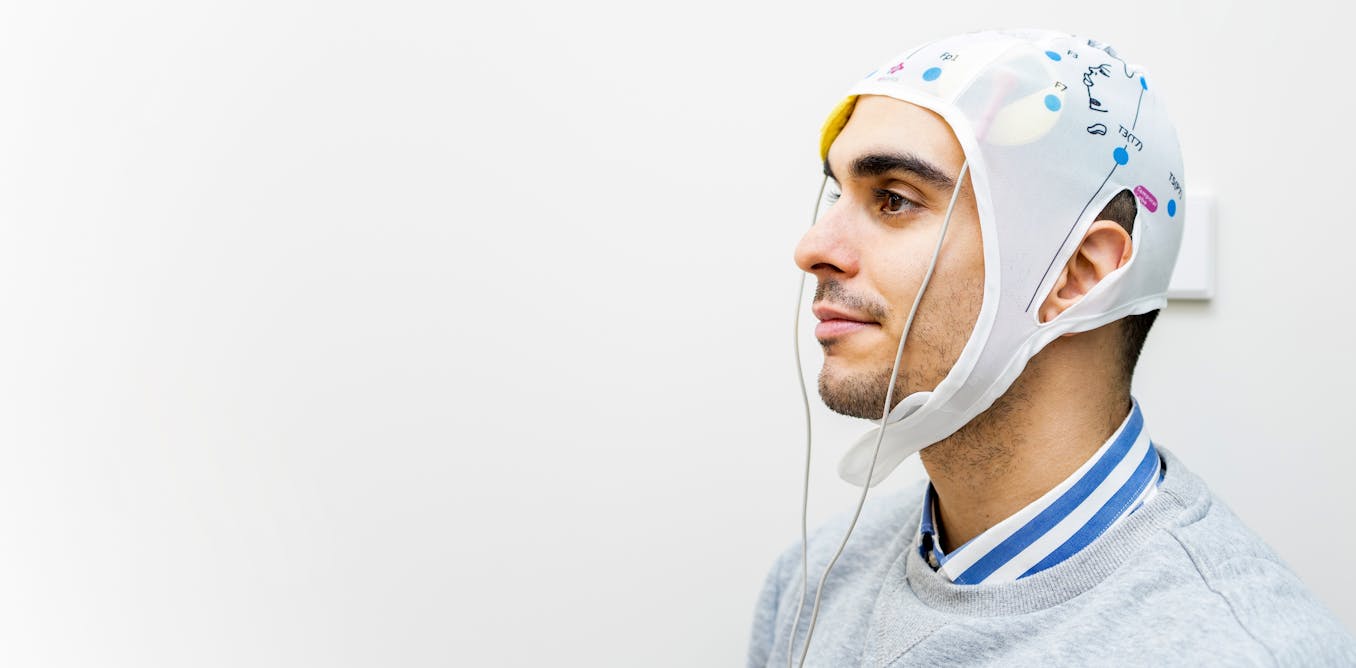Tech to the Rescue: How Digital Tools Can Help You Manage Anxiety

Anxiety is a pervasive mental health challenge affecting millions worldwide. Despite its prevalence, a shockingly low percentage of people actually seek and receive treatment. Globally, only around 28% of those struggling with anxiety get the help they need. The situation isn't much better in developed nations; in the UK, the figure hovers around the same mark, while the US sees approximately 37% receiving treatment. This treatment gap stems from a complex interplay of factors.
The Barriers to Treatment: Why So Few Seek Help?
Several obstacles contribute to this concerning statistic. A significant hurdle is the limited availability of mental health resources. Many areas face a shortage of qualified mental health professionals, making it difficult for individuals to access timely and affordable care. Long wait times for appointments further exacerbate the problem. Beyond resource constraints, the persistent stigma surrounding mental health remains a powerful deterrent. Fear of judgment, discrimination, or appearing weak often prevents people from reaching out for support. Financial concerns also play a role; therapy and other treatments can be expensive, creating another barrier, especially for those without adequate insurance coverage.
The Rise of Digital Mental Health Solutions
Fortunately, the digital age is ushering in a new era of accessible and innovative mental health solutions. Technology is increasingly being leveraged to bridge the treatment gap and empower individuals to manage their anxiety more effectively. Here's how:
- Mobile Apps: A plethora of apps offer guided meditations, mindfulness exercises, cognitive behavioral therapy (CBT) techniques, and mood tracking tools. Some even provide personalized insights and support.
- Online Therapy Platforms: These platforms connect individuals with licensed therapists via video conferencing, messaging, or phone calls, offering a convenient and often more affordable alternative to traditional in-person therapy.
- Wearable Technology: Smartwatches and fitness trackers can monitor physiological indicators of anxiety, such as heart rate variability and sleep patterns, providing valuable data that can inform self-management strategies.
- Virtual Reality (VR): VR technology is being used to create immersive environments that simulate anxiety-provoking situations, allowing individuals to practice coping skills in a safe and controlled setting.
Benefits of Tech-Enabled Anxiety Management
The advantages of utilizing technology for anxiety management are numerous:
- Accessibility: Digital tools can be accessed anytime, anywhere, breaking down geographical barriers and making mental health support more readily available.
- Affordability: Many apps and online therapy platforms offer more affordable options compared to traditional therapy.
- Convenience: Digital tools allow individuals to manage their anxiety on their own schedule, fitting seamlessly into their busy lives.
- Anonymity: Some individuals may feel more comfortable seeking help through digital channels due to the increased sense of anonymity.
Looking Ahead: The Future of Digital Mental Health
As technology continues to evolve, we can expect even more sophisticated and personalized digital mental health solutions to emerge. Artificial intelligence (AI) and machine learning are poised to play a significant role in tailoring interventions to individual needs and predicting potential anxiety episodes. However, it's crucial to remember that technology should be viewed as a complement to, rather than a replacement for, traditional mental health care. A holistic approach that combines digital tools with professional support is often the most effective way to manage anxiety and improve overall well-being. Breaking down the stigma surrounding mental health remains paramount, ensuring that everyone feels empowered to seek the help they deserve, regardless of the format.






